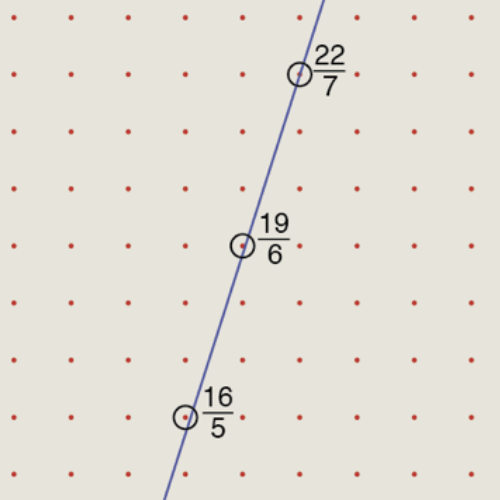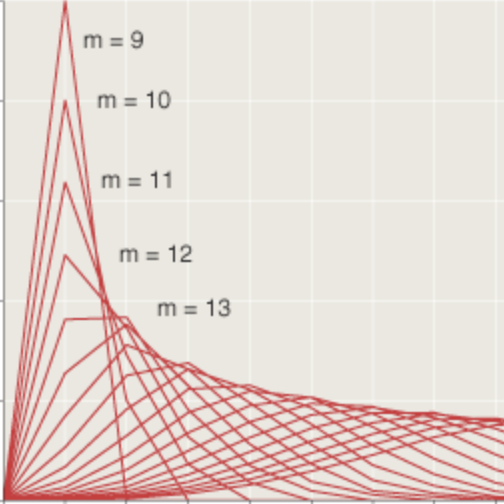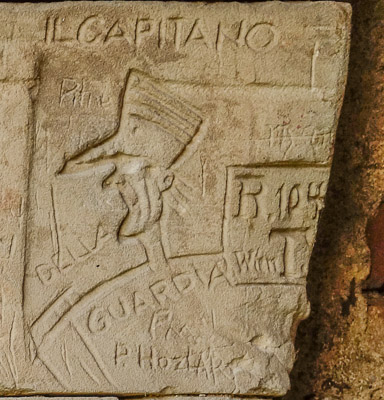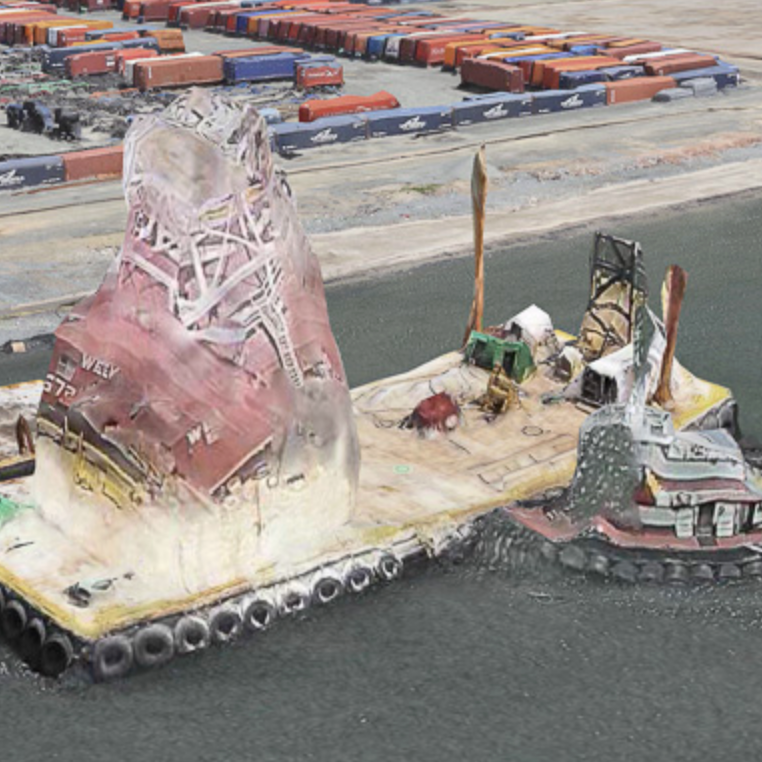A Reversible Eraser
by Brian Hayes
Published 9 February 2006
Still more on reversible and zero-energy computing (see earlier bit-player posts here and here, and the American Scientist column):
M. Maissam Barkeshli of the University of California at Berkeley has a preprint titled “Dissipationless Information Erasure and Landauer’s Principle.” (The paper was first submitted to the arXiv last April, but I missed it then, and noticed it today only because it has just been updated.) Barkeshli’s “dissipationless erasure” does not challenge the basic premise that a reversible computer could operate (in principle) without energy loss, whereas an irreversible computer must dissipate at least some energy. He argues, however, that the energy-dissipating step in an irreversible machine need not necessarily be the erasure of a bit of information, as Rolf Landauer first suggested in 1961. Barkeshli describes a hypothetical computer technology in which erasing is free but writing a new value takes energy. The energy cost for the entire cycle remains the same.
Publication history
First publication: 9 February 2006
Converted to Eleventy framework: 22 April 2025



